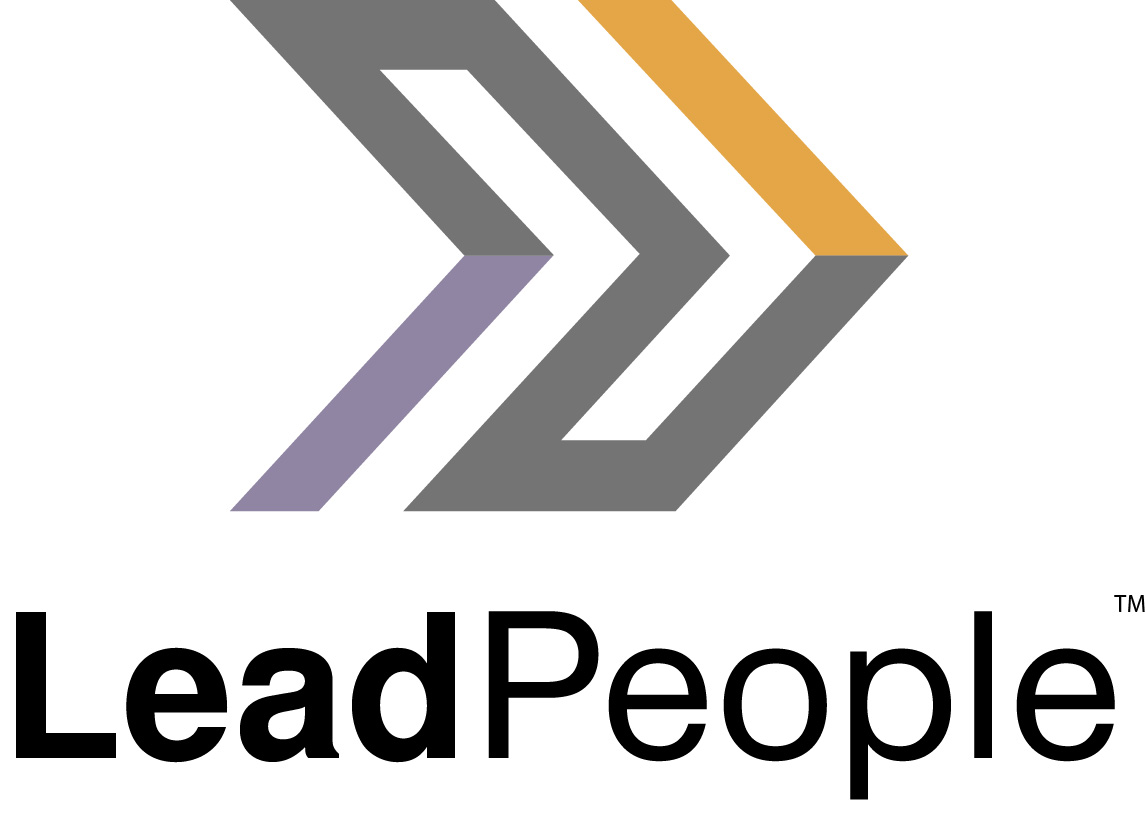Change Management Issues are Actually Leadership Issues
Change management problems are often viewed as an “organizational issue.” But really, it’s all about leadership.
Why? And what are the Top 3 Things You Need to Know as a leader?
- Research shows that the number one contributor to a change management success story is having strong, consistent and visible leadership behind the change messaging. This seems obvious, but what’s not obvious is the fact that leaders need to be like a broken record, stating over and over what the vision is, where we are, where we need to be, and how we’ll get there. Too many leaders think they need to
 say things once, or a few times. Few leaders speak enough, and consistently enough, about the change from…and change to… And employees really want to hear messages about change from two people: the CEO and their immediate supervisor. And those messages better be clear and encouraging.
say things once, or a few times. Few leaders speak enough, and consistently enough, about the change from…and change to… And employees really want to hear messages about change from two people: the CEO and their immediate supervisor. And those messages better be clear and encouraging. - The biggest risk to your change management initiative is employee “resistance”at all levels in your organization. But “resistance” is often not really “resistance”…That is, just because people are not changing from the old way to the new way doesn’t mean they’re resistant. Usually, it’s because they’re waiting for more clarity, have not been told what’s in it for them, and what the tactical implications are for the strategic-level changes. The top psychological reasons for “resistance” are:
- lack of awareness about the changes (i.e., not enough information),
- comfort with the ways things are (i.e., we’re creatures of habit),
- fear of the unknown (i.e., people chose the devil they know over the devil they don’t),
- worry about losing control, (i.e., having less control creates anxiety)
- general work overload (i.e., people don’t have time for this stuff right now…)
- When leaders are asked what they would do differently next time in their change management efforts, most report that they would begin their change management activities earlier. And they would appreciate changes as being more systemic, rather than viewing them as add-on or an afterthought. Essentially, they would integrate changes systemically earlier, and not just talk about it.




